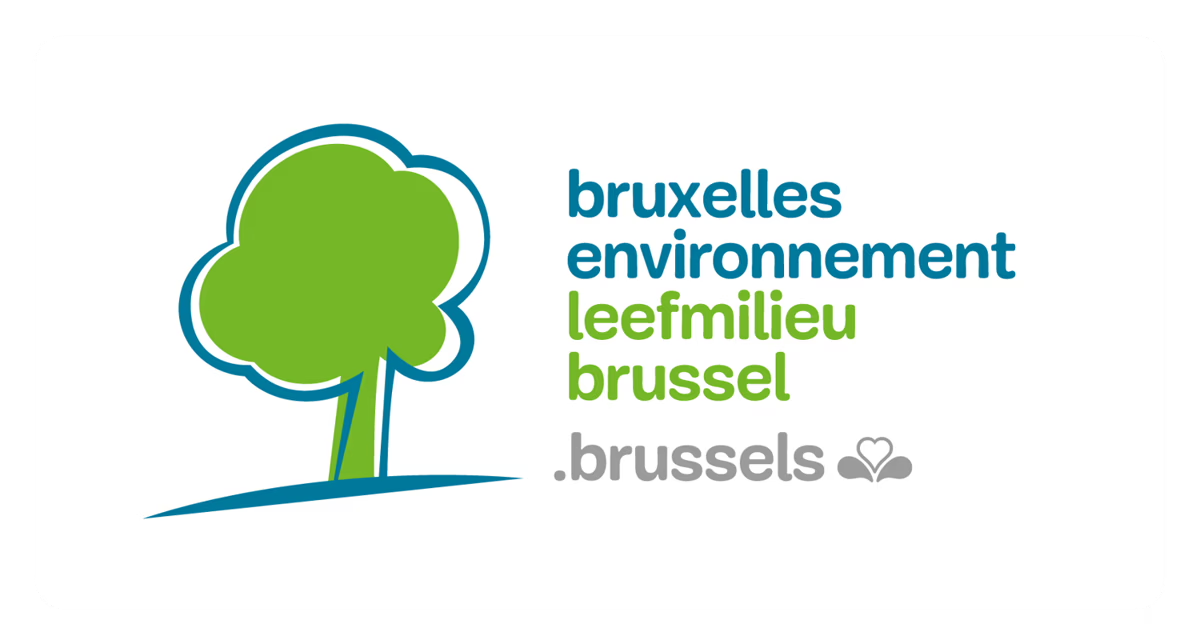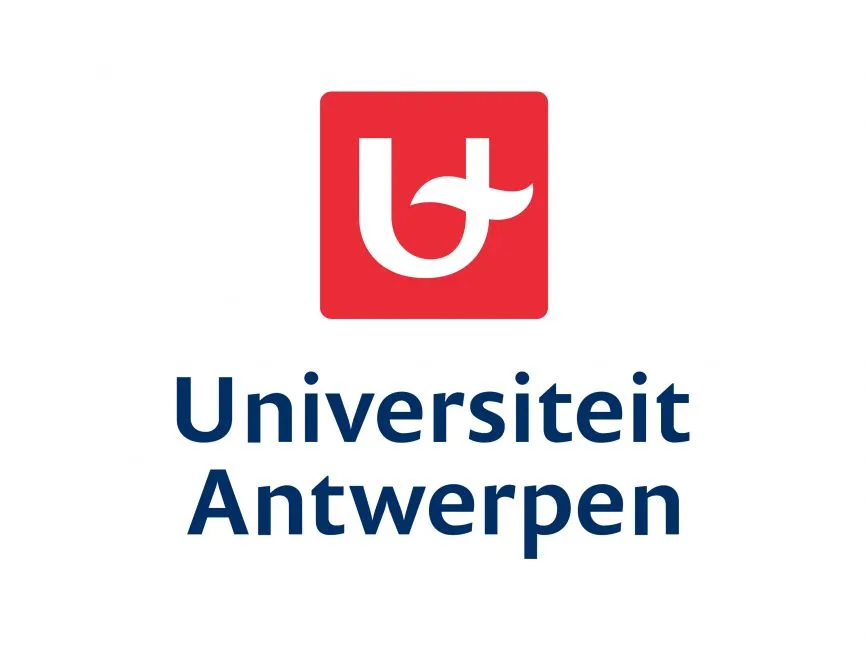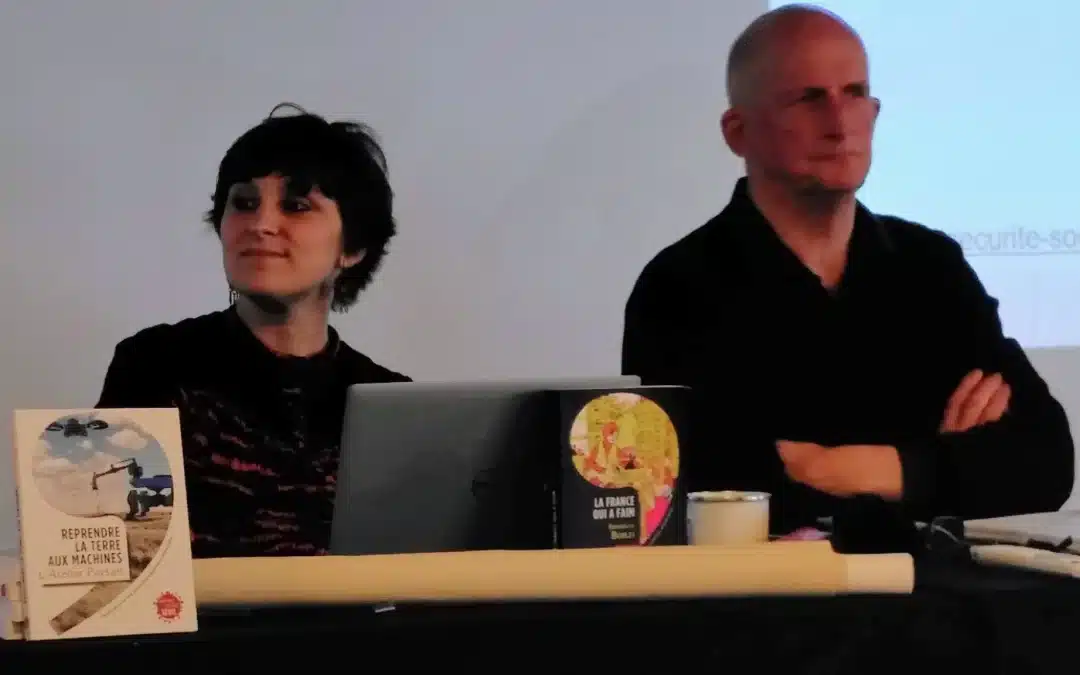Exploring mobility In Europe
Making Low Emission Zones accessible to all for a green AND just transition
The « LEZ4All » project – « Low Emission Zones for All » – is a European initiative aimed at considering every population, especially the most vulnerable people in terms of mobility, in the definition and implementation of Low Emission Zones (LEZ) established in multiple cities across Europe. It is being deployed in the metropolitan areas of Brussels, Barcelona, and Lyon.
The LEZ paradox
From a social justice, equality, and inclusion perspective, LEZ present a paradox :
- They are necessary to improve air quality in urban areas, as pollution and fine particles are particularly harmful to human health, especially for the most economically disadvantaged populations ;
- However, by banning the most outdated and polluting vehicles within their perimeter, they risk excluding the most vulnerable individuals who have no other options, and cannot afford to change their car or use an alternative means of transport.
Coordinated by Auxilia, with main partners including the University of Antwerp, Brussels Environment, and the Metropolitan Area of Barcelona, the project aims to bridge the gap between two worlds that rarely interact but have much to learn from each other : public policies on mobility and transport ; and social justice, inclusion, and solidarity. Through surveys, research, pilot programs, and training, we aim to :
- Raise awareness among mobility and environmental professionals, including policymakers and technicians, about the challenges faced by vulnerable and disadvantaged populations regarding LEZ implementation.
- Inform social sector professionals, who work directly with these populations, so they can better support them in adapting to these new measures.
LEZ4All will create a synergy among stakeholders from different cities and countries who are facing the same challenge of ensuring a fair transition through LEZ. The project will include sharing experiences, ideas, methodologies, best practices, and effective measures.
4 Key
actions
The project is structured around four distinct modules.
Quantitative and Qualitative Study
Led by the University of Antwerp, this research aims to assess the training needs of mobility, environmental, and social professionals regarding LEZ and the inclusion of vulnerable populations in mobility policies. A questionnaire, along with semi-structured interviews, will help evaluate their level of knowledge and the importance of this issue in their daily work.
Development of a tool and Implementation of pilot programs
In order to reduce the gaps in access to information, a unique tool will be created for professionals in social justice, inclusion, and solidarity. This tool will :
- List alternative transport modes available in their territory.
- Provide information on financial aid for vulnerable groups (e.g., social welfare beneficiaries, seniors, youth).
At the same time, concrete solutions will be tested, including :
- Mobility counseling : Deployment of mobility coaches in the Barcelona Metropolitan Area.
- Transport solutions : A focus on car-sharing for senior citizens and disadvantaged populations in Brussels.
Training Modules
Based on research findings and identified gaps, tailored training programs will be developed for professionals in mobility areas and social sectors within the partner metropolitan territory. These training sessions will address the intersection of mobility, ecological transition, and social justice, customized to their roles and the specific challenges posed by LEZ.
Informing, Raising Awareness,and Communicating
The project includes extensive communication and awareness campaigns, such as:
Participation in local, national, and European events focused on social, environmental, and mobility issues.
Dissemination of research findings and study results.
Promotion of implemented solutions for both professionals and vulnerable populations.
Figures
years from october 2024 to september 2026
Premature deaths linked to poor air quality across Europe
LEZ planned within the European Union
European metropolitan areas participating : Métropole de Lyon, Barcelona Metropolitan Area, and Brussels Metropolitan Area
Public service agents participating in pilot programs
Thematic focus groups tackling specific issues
Professionals trained by September 2026
Project budget, funded by the European Union through the Erasmus+ program
Consulting association in ecological transition and solidarity
A consulting non-profit firm specializing in ecological transition, working with public authorities (local governments, agencies, etc.). Auxilia’s expertise spans multiple sectors, including energy, climate, agriculture, food, water, and biodiversity. In the field of mobility, the firm focuses on:
- Decarbonizing transport
- Alternative transport modes toindividual cars.
- Inclusive mobility and the social impact of LEZ.
Auxilia has supported several metropolitan areas, including Greater Lyon, Greater Paris, Limoges, and La Rochelle, in implementing LEZ and addressing their social impacts.

Area Metropolitana de Barcelona
L’Area Metropolitana de Barcelona. The public authority governing Barcelona’s metropolitan area, covering 636 km² and 36 municipalities with 3.2 million inhabitants. AMB plays a political role in defining and implementing regulations for LEZ, working closely with AMB Informacio i Serveis, a publicly owned enterprise managing LEZ enforcement and public information.
https://www.amb.cat/ca/web/amb/LEZ4ALL

Bruxelles Environnement
Bruxelles Environnement. The public authority responsible for air quality in the Brussels-Capital Region, overseeing LEZ implementation since 2018 and coordinating cooperation between agencies. It monitors the LEZ’s impact (focusing on emissions), legislative developments, and public communication. Brussels Environment collaborates closely with Brussels Mobility, which manages transport infrastructure and mobility coordination.

University of AntwerpDesign Sciences Hub
University of Antwerp – Design Sciences Hub (DSH). A multidisciplinary research center focusing on urban and spatial challenges. DSH bridges academia and real-world applications in urban planning, mobility, and transport networks. Given Flanders’ dense population and strategic location in Europe’s transport network, Antwerp actively researches mobility issues.
In addition to these main partners, four associate partners are taking part in the project: the Greater Lyon Metropolitan Area, AMB Informacio i Serveis, Bruxelles Mobilité and Madrid City Council.

Marc FONTANES
Directeur général adjoint en charge des expertises Mobilités ; Eau & biodiversité, Energie & climat
à voir aussi

Réveiller nos futurs – Fév 2024
Eclairer, partager, décloisonner, surprendre les nouvelles tendances, décrypter les signaux faibles…, autrement dit « Réveiller nos futurs », la proposition de la newsletter d’Auxilia.
Épisode 6
Pour ce sixième épisode, nous avons choisi de nous plonger dans les questions d’accès à une alimentation goûteuse et de qualité pour toutes et tous. En France, ce sont 9 millions de personnes qui vivent sous le seuil de pauvreté et qui sont amenées à recourir à des dispositifs d’aide alimentaire pour se nourrir au quotidien. Cette aide alimentaire, absolument nécessaire, repose néanmoins principalement sur les invendus des supermarchés, peu qualitatifs d’un point de vue gustatif et nutritionnel, ce qui impacte directement la santé des plus démunis dont la vulnérabilité s’accroît.

Notre système alimentaire est-il devenu fou ?
« Notre système alimentaire est-il devenu fou ? ». a relevé Claire, cheffe de projets Accompagnement du changement, lors de la « LaboParty ».
Les métiers
Nous accompagnons nos clients dans toutes les phases de leur projet de transition écologique et sociale.